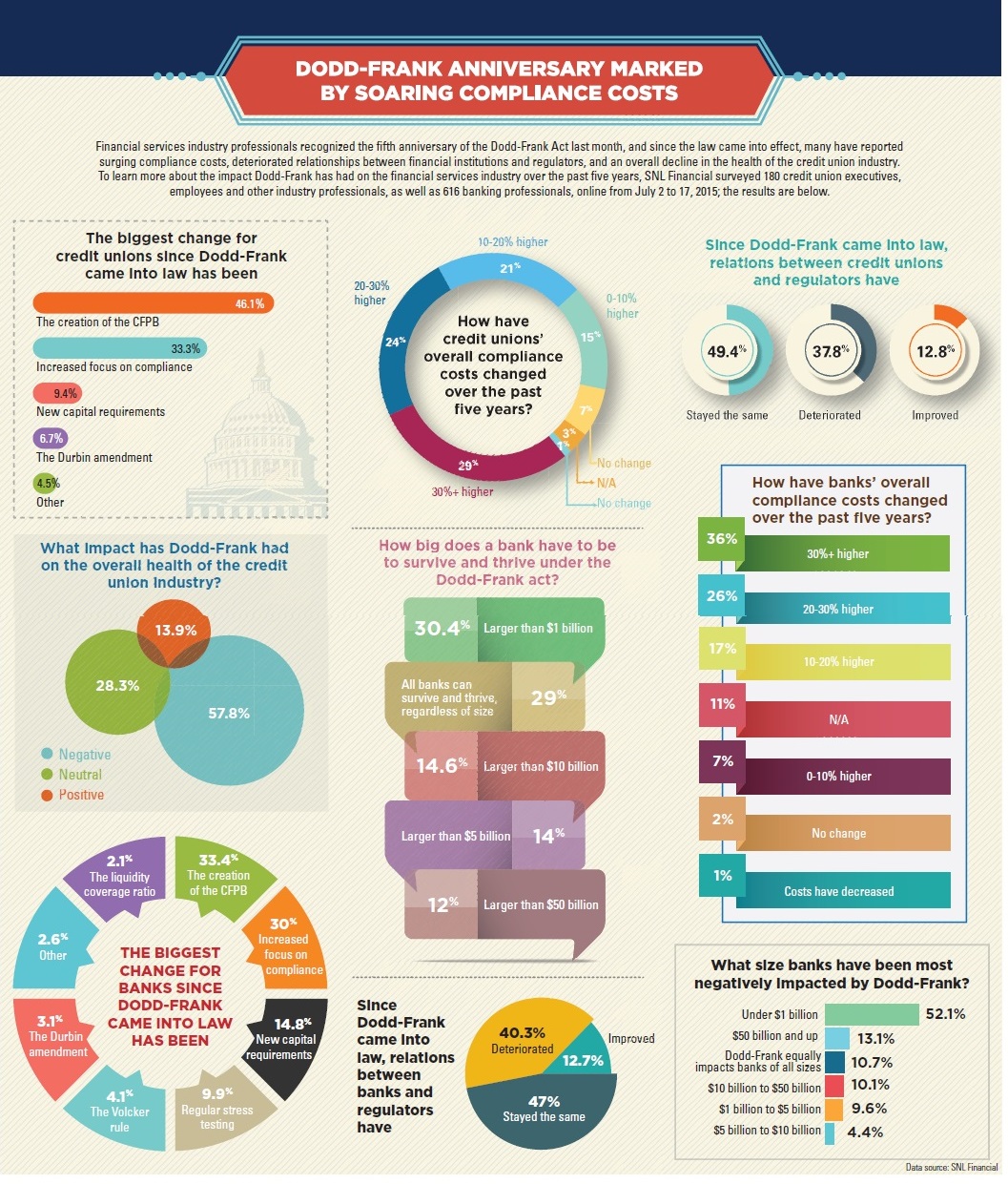Free Credit Freezes On The Way To Help Protect Consumers From Fraud
By
Easy Tips
—
Sunday, 22 July 2018
—
Credit Tips

When a consumer uses a credit freeze, they are typically given a personal identification number to use when they want to pursue new lines of credit. Credit freezes aren’t a new thing, but right now, obtaining a credit freeze can cost consumers a fee, depending on the laws of the state. But when the new law takes effect this fall, freezing (and removing a freeze) from a consumer’s credit file will be free, no matter which state they reside in. Children in every state will also be able to get free credit freezes.
That protects their credit until they are old enough to open their own accounts. The new law applies to children who are 16 years old or younger. Currently, only some states allow credit freezes for children. Well, over a million identity fraud victims in 2017 happened to be minors according to LendEDU.
Under the new law, consumers can also get year-long fraud alerts that will let them monitor their credit. Fraud alerts notify companies to check with consumers before a line of credit or account is opened for them. Fraud alerts aren’t new, but as of right now they only last 90 days.
Under the new law, the initial alerts will be year-long. Consumers who have had their identity stolen will still be able to get a seven-year fraud alert. Additionally, active military personnel will be entitled to receive electronic credit monitoring at no cost, within a year of the law being in effect.
If consumers want to take additional measures to protect their credit information and identities, there are a number of ways for them to do so. One way is to never give out personal information when receiving a phone call, even if the caller identification on a consumer’s phone leads them to believe they can trust the number.
Consumers should be highly suspicious of any unexpected requests they receive for money or their sensitive personal information. People who feel pressured in any way to respond right away to a request should end the telephone call without giving any information away. Any perceived threats should be reported to the authorities. Consumers should carefully consider how they pay their bills and make their purchases.
Credit cards have more fraud protection typically than some other forms of payment such as debit cards and wiring money. That means it’s always best to use credit cards to pay for items when possible. Consumers should check their credit and bank accounts often - even daily - to watch for fraudulent purchases. They should also check their credit reports at least several times a year to spot any unauthorized lines of credit or loans.
When you do spot errors, write to the agency and get in touch with whoever put the information on your report. You may even have to write to your lender directly to solve this problem. If you are having difficulties getting errors fixed on your report, you have a legal right to contact the Data Protection Commissioner. Next, look at your accounts with different lenders. Note the length of time you have them.
Pay the ones that you can. Other lenders look at how long youve had an active account. This can work in your favour. Another credit repair tip is to open a credit account if all of the ones you already have are closed and pay on time. This will help your ratings tremendously. With due diligence and dedication, along with this credit repair tip information, you'll soon see your credit become good as new. About The Author Michael Sherriff has produced a product called UK Credit Secrets which shows you exactly how to repair your own credit history instead of paying someone £100's to do it for you. This product is unbiased and unique in the UK.
When identity theft hits adults, it can be a long and frustrating battle to restore their good name. Identity theft of minors isn’t child’s play. It can mean big money for criminals who, by targeting children, have a blank credit canvas on which to wreak havoc. The thieves steal a child’s personal information — such as a Social Security number — and then proceed to build a credit profile capable of duping lenders for years.
Or, even worse, someone close to the child — a parent, aunt, uncle or family friend — uses the minor’s data to get credit cards, cellphones or utility accounts in the minor’s name. This, too, can go undetected for decades. Last year, more than 1 million children were victims of identity fraud, according to a new survey by Javelin Strategy & Research. The survey was sponsored by Identity Guard, an identity-theft protection service, and conducted online with 5,000 U.S.
When compared with adults, the incidents of child identity theft are relatively small, with just under 2 percent of minors becoming victims. 2.6 billion last year. “With few exceptions, children under the age of 18 should not have a credit file,” said Equifax spokesperson Nancy E. Bistritz-Balkan. 2,303 exploiting the identity of a minor, more than twice the mean fraud amount for adult fraud victims, according to Javelin.